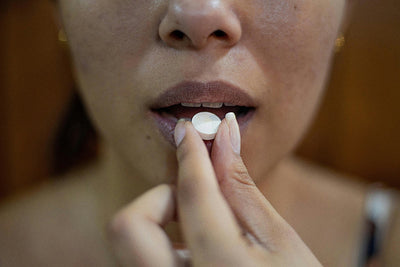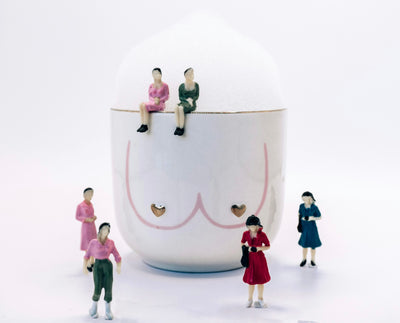How Does Your Diet Affect the Nutrients in Your Breast Milk?
How Does Your Diet Affect the Nutrients in Your Breast Milk?
by nida choudary
A recent study in China looked at new ways to improve the health of a mother and her child by observed the connection between a mother’s food and nutrient intake, and how those macronutrients were passed to her baby through breast milk.
WHY IS A MOTHER’S DIET IMPORTANT?
A diet rich in nutrients is essential for a baby’s health. Often, a baby’s sole source of nutrition is its mother’s milk, so the mom must supply everything the infant needs to for development. Breast milk also supplies the building blocks of their immunity system during a baby’s early stages life. Balanced nutrition is essential for the mother to recover postpartum and for a healthy baby.
The World Health Organization (WHO) recommends mothers breastfeed infants for a minimum of six months. There are immediate benefits of breast milk, like a lower chance of infectious diseases and other health complications both in infancy and later in a child’s life, including lowering the risk of several metabolic diseases like diabetes, obesity, and cardiovascular disease (1).
THE CONNECTION
The study used something called dietary pattern analysis to focus on macronutrients including fats, protein and carbohydrates. The researchers found three different dietary patterns among the lactating women they studied. The first diet consisted mostly of fresh vegetables and legumes. The second included red meat, eggs, and cereal. The third main diet had fungi and algae, dry legumes, and soy milk (1).
It was found that the mothers who ate more red meat, eggs and cereal had more protein in their breast milk. Also, a longer lactation period resulted in more lactose, the main carbohydrate found in breast milk. In fact, the amount of protein went down with the lactation period while lactose went up.
Overall, the concentration of these macronutrients were found to be related to the dietary patterns of the mothers (1). Protein is essential for physical and brain development in newborns and premature babies who need more than term babies. If a baby has less protein than it needs, a planned diet can really help. Mothers can improve lack of protein in the baby’s nutrition by adding protein to their own diet. Foods that are rich in protein include eggs, dairy, beans, lentils, lean meat, and low-mercury seafood (2).
HOW LACTATION LAB CAN HELP
Breastfeeding moms who want to learn how their diet affects their breastmilk can use a Lactation Lab kit to see the levels of fats, protein, carbohydrates and other nutrients in their milk and how their levels change over time. The kit is easy to use and the results are easy to understand -- think of it as a food label for your breast milk.
REFERENCES
1. Huang, Zhi and Hu, Yu-ming. “Dietary patterns and their association with breast milk macronutrient composition among lactating women.” International Breastfeeding Journal, 15:52, 2020, pp.1-10.
2. Mayo Clinic Staff: https://www.mayoclinic.org/healthy-lifestyle/infant-and-toddler-health/in-depth/breastfeeding-nutrition/art-20046912






